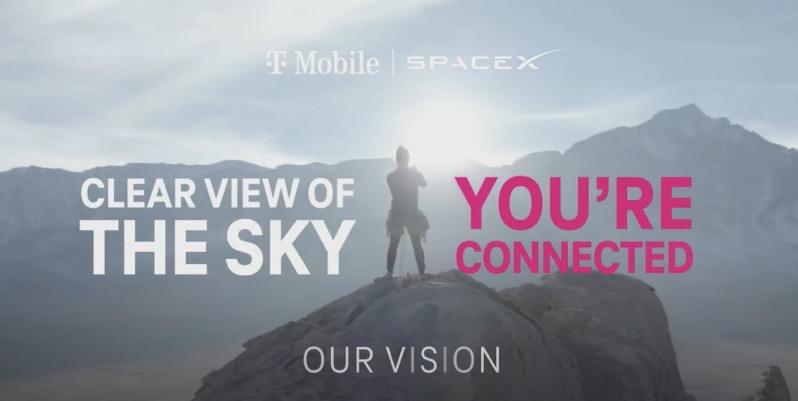
SpaceX Seeks FCC Approval for Starlink Cellular Testing
SpaceX is preparing to test its Starlink cellular system, potentially as early as next month, using 840 satellites. This development comes from a recent filing with the Federal Communications Commission (FCC), where the company seeks an experimental license for the venture.
The application, filed this week, requests “special temporary authority” for a 180-day testing period starting December 10. SpaceX aims to collaborate with T-Mobile, leveraging the carrier’s radio spectrum to connect 2,000 test devices via satellite, reports PCMag.
“Over the 180-day experimental STA period, SpaceX expects to operate approximately 840 satellites with direct-to-cellular payloads,” the company stated, indicating a significant build-up towards launching the Starlink cellular system.
SpaceX plans to target 13 U.S. locations for these tests, including Mountain View, California; Kansas City, Kansas; and Houston, Texas. During the testing period, approximately 60 of the 840 satellites will be actively serving handsets in the U.S.
This filing isn’t SpaceX’s first attempt to initiate tests for the Starlink cellular system. A similar request was made in October for a 60-day testing period, but it faced objections from AT&T and the Rural Wireless Association, prompting SpaceX to pursue an experimental license through the FCC’s Office of Engineering and Technology.
SpaceX anticipates launching the cellular Starlink service next year, aiming to operate a network of 7,500 satellites. However, concerns about potential radio interference with other carriers and satellite companies have delayed FCC approval.
SpaceX has assured the FCC that the Starlink system poses no significant risk of radio signal interference. The new application outlines plans for various real-world tests, including measuring signal strength between Starlink satellites and T-Mobile handsets, to verify the system’s non-interference. In case interference does occur, SpaceX and T-Mobile have committed to taking “all reasonable steps” to resolve the issue.
The company urges the FCC to approve the application, highlighting that these tests are crucial for swiftly realizing the benefits of direct-to-cell technology for consumers without causing interference to other licensed operators.


